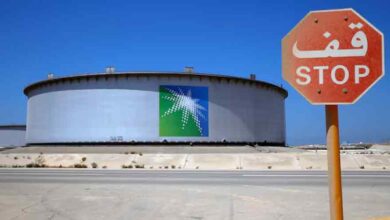ISLAMABAD: Starting July 1, Pakistan enters a new fiscal year, with the implementation of Budget 2025-26 officially underway following Presidential assent by Asif Ali Zardari.
The new budget introduced Rs 389 billion worth of enforcement measures and Rs 312 billion in additional taxes. Notably, the tax on mutual fund investments has been raised from 25% to 29%, while a 10% sales tax has been imposed on the sale of solar panels, a move that has raised eyebrows amid energy affordability concerns.
The Federal Board of Revenue (FBR) now holds expanded authority, including access to track transactions using registered CNICs for business activities. Additionally, investments in Treasury Bills (T-Bills) and Pakistan Investment Bonds (PIBs) are now subject to taxation.
In a significant development for the digital economy, e-commerce and online businesses are now required to register with the FBR as part of compliance protocols.
The government has also received the green light to increase the Petroleum Development Levy (PDL) up to Rs 90 per litre, potentially impacting fuel prices in the months ahead.
Furthermore, the new income tax slabs on salaries will also take effect, signaling a revised tax landscape for salaried individuals across the country.











